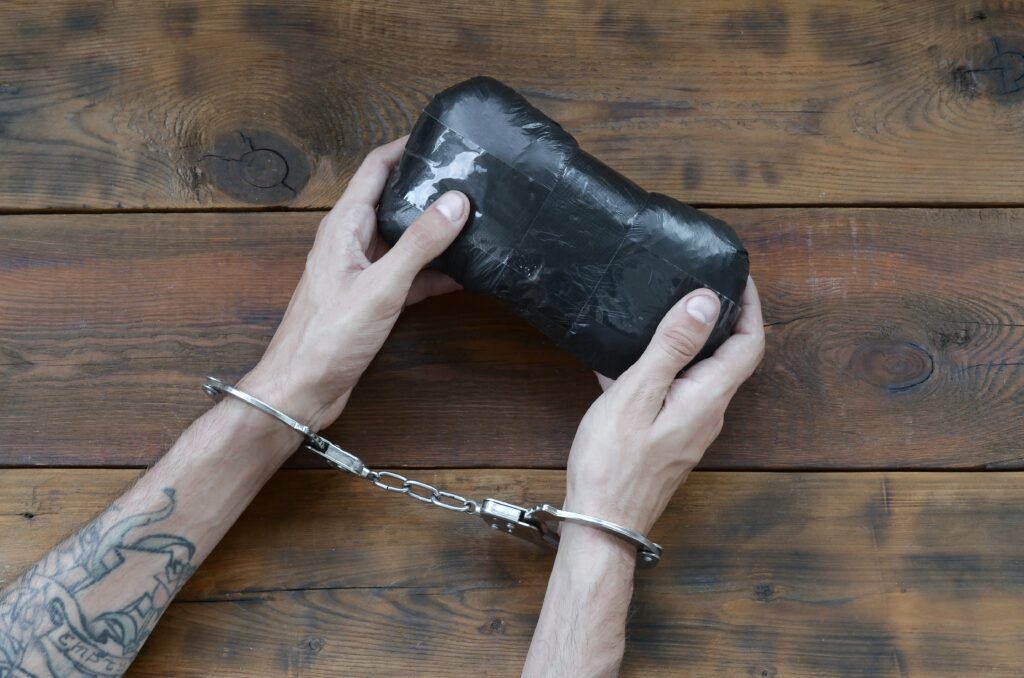
Mpox, formerly known as monkeypox, is a viral disease that has gained attention due to outbreaks in various parts of the world. Characterized by symptoms such as fever, rash, and swollen lymph nodes, Mpox can lead to serious complications. Human-to-human transmission occurs through close contact with an infected person or contaminated materials. The global resurgence of Mpox has prompted health authorities to implement stringent preventive measures, particularly in regions like Bali, which is a major international travel destination.
Bali’s Proactive Measures Against Mpox

To protect against Mpox, Bali’s I Gusti Ngurah Rai International Airport has installed three thermal scanners in the international arrivals area. These scanners detect elevated body temperatures, an early symptom of Mpox, and are crucial in screening incoming passengers. If a passenger is flagged with a high temperature, they are immediately isolated and subjected to further medical evaluation to prevent potential spread.
Role of Regional Health Quarantine Office
Balai Besar Kekarantinaan Kesehatan (BBKK) Denpasar or Regional Health Quarantine Office plays a key role in handling suspected Mpox cases. Once a passenger shows symptoms, BBKK takes over for comprehensive assessment and quarantine if necessary. Their coordination with airport authorities ensures that suspected cases are managed efficiently, minimizing the risk of transmission.
Surveillance and Current Status
As of now, no Mpox cases have been detected in Bali, a testament to the effectiveness of the surveillance measures in place. Despite this, Bali continues to maintain strict vigilance, ensuring that any potential cases are identified and managed promptly.
Heightened Alert Levels and Impact on Tourism
Bali authorities have heightened their alert levels due to Mpox outbreaks in other parts of Indonesia. This proactive stance is crucial for preventing the virus from entering Bali, a region heavily reliant on tourism. While these measures are necessary for public health, they also require clear communication to ensure tourists understand the importance of the precautions being taken.
WHO’s Role and Recommendations
The World Health Organization (WHO) has been actively involved in providing guidelines to manage the Mpox situation. The WHO’s technical report on Mpox in Indonesia emphasizes the need for improved surveillance, community engagement, and integration of Mpox prevention with existing healthcare programs, such as those for sexually transmitted diseases. Bali’s collaboration with global health authorities is crucial for ensuring early detection, accurate diagnosis, and effective management of potential Mpox cases.
Future Steps and Preparedness
Bali’s commitment to ongoing surveillance and preparedness is vital for maintaining public health safety. The authorities will continue to enhance their preventive measures, in line with WHO recommendations, to safeguard the local community and tourists alike. This includes regular monitoring of incoming passengers, continued use of thermal scanners, and close coordination with health authorities.
Bali’s proactive and comprehensive approach to preventing Mpox reflects its commitment to protecting public health while maintaining its status as a premier global destination. The collaboration with global health organizations and adherence to international guidelines will ensure that Bali remains vigilant in the face of emerging health threats.









